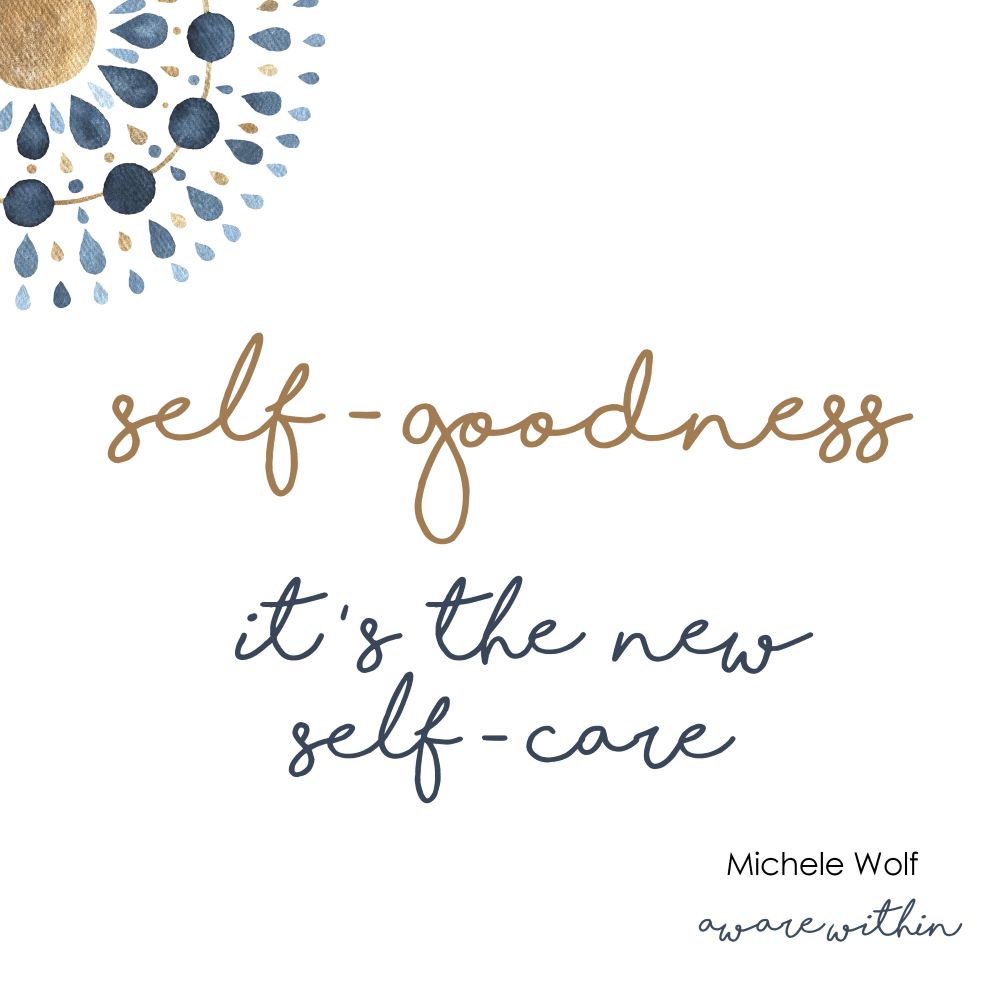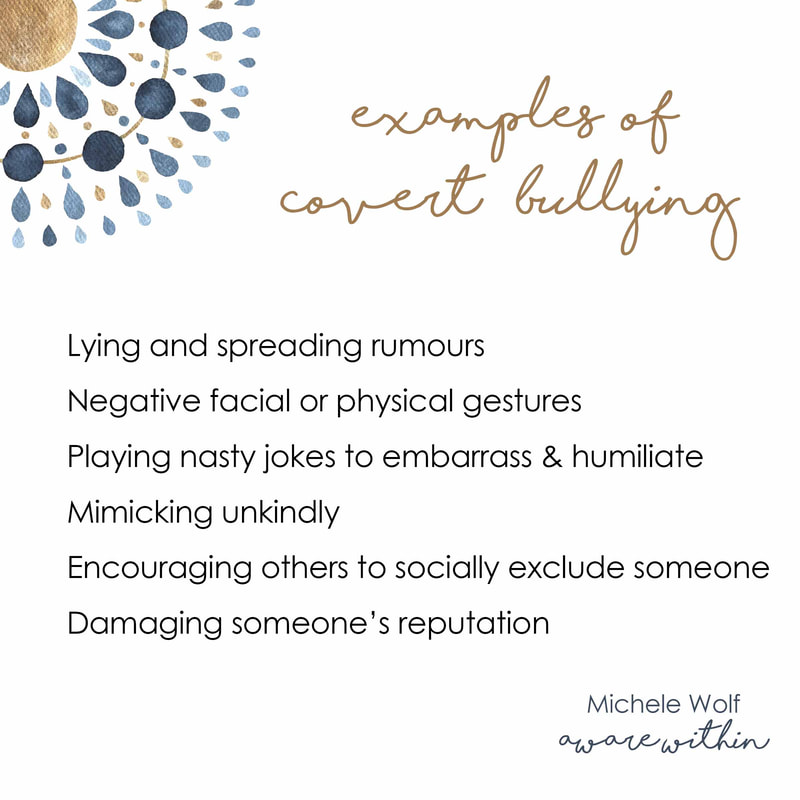Wild Soul Journey Blog
|
This blog is a gathering place for some interesting articles intertwined with quotes & musings, sprinkled with insights & thoughts from a psychotherapist and fledgling writer.
I offer this to inspire and ignite curiosity. To touch the mind, heart and soul. Take what nourishes and resonates. More to come ... |
|
|
Explore new possibilities.
And the day came
when then risk to remain tight in a bud
was more painful
than the risk it took to blossom.
- ANAÏS NIN
Michele Wolf - Registered Psychotherapist - Aware Within - Psychotherapy
Located from the Collingwood Blue Mountains area and virtually serving all of Ontario including
Collingwood, Stayner, Thornbury, Meaford, Owen Sound, Midland, Barrie,
Guelph, Hamilton, Kitchener-Waterloo, Orangeville, Ottawa, Thunder Bay, and all other areas.
Collingwood, Stayner, Thornbury, Meaford, Owen Sound, Midland, Barrie,
Guelph, Hamilton, Kitchener-Waterloo, Orangeville, Ottawa, Thunder Bay, and all other areas.
Home | About | Therapist-Meet Michele | Services | Session Information | Therapy for Women
Journeys - Women's Circles | Wild Soul Journey Blog | Contact | Book an Appointment
Journeys - Women's Circles | Wild Soul Journey Blog | Contact | Book an Appointment



